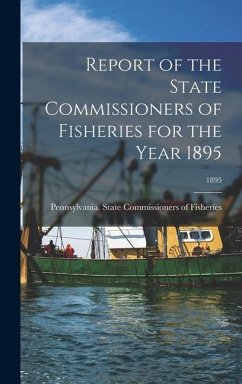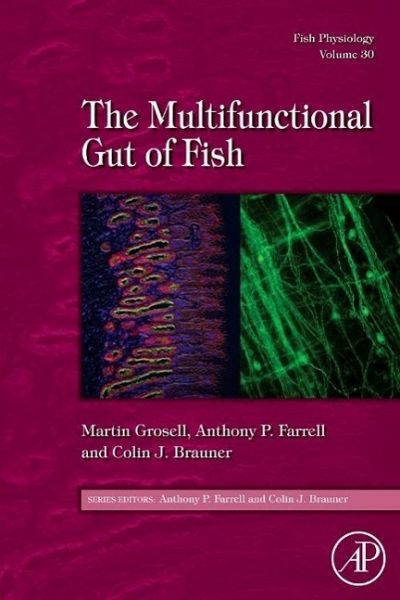
Fish Physiology: The Multifunctional Gut of Fish
Volume 30
Herausgegeben: Grosell, Martin; Farrell, Anthony; Brauner, Colin

PAYBACK Punkte
40 °P sammeln!
The Multifunctional Gut of Fish provides a comprehensive synthesis and an integrative overview of the range of gut functions and their implications for organismal physiology. The highly diversified anatomy and functions of the gut, including nutrient uptake, immune barrier function, salt and water homeostasis and respiration, as well as neuroendocrine actions and control are covered in detail by leading authors. In addition, this volume explores the pronounced implications of gut function for whole animal integrative physiology and compensatory demands for non-gastrointestinal organs. As the f...
The Multifunctional Gut of Fish provides a comprehensive synthesis and an integrative overview of the range of gut functions and their implications for organismal physiology. The highly diversified anatomy and functions of the gut, including nutrient uptake, immune barrier function, salt and water homeostasis and respiration, as well as neuroendocrine actions and control are covered in detail by leading authors. In addition, this volume explores the pronounced implications of gut function for whole animal integrative physiology and compensatory demands for non-gastrointestinal organs. As the first comprehensive reference to discuss the diverse morphological and functional adaptations of the gut, this volume provides an excellent resource for comparative physiologists, aquaculturists and biomedical researchers employing fish as model organisms for mammalian physiology.




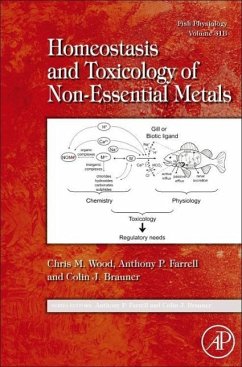
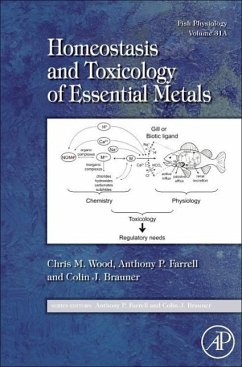
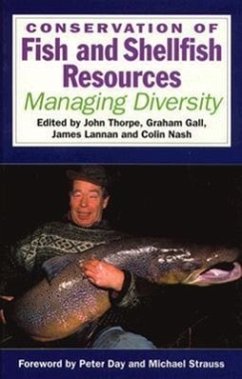
![Correspondence Respecting the Newfoundland Fisheries, 1884-90 [microform] Cover Correspondence Respecting the Newfoundland Fisheries, 1884-90 [microform]](https://bilder.buecher.de/produkte/65/65636/65636542n.jpg)
![The Duplicate Letters, the Fisheries and the Mississippi [microform]: Documents Relating to Transactions at the Negotiation of Ghent Cover The Duplicate Letters, the Fisheries and the Mississippi [microform]: Documents Relating to Transactions at the Negotiation of Ghent](https://bilder.buecher.de/produkte/65/65529/65529881n.jpg)
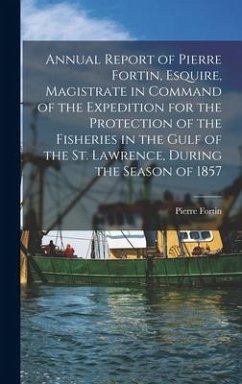
![Report of the Hudson's Bay Expedition of 1886 Under the Command of Lieut. A.R. Gordon, R.N. [microform] Cover Report of the Hudson's Bay Expedition of 1886 Under the Command of Lieut. A.R. Gordon, R.N. [microform]](https://bilder.buecher.de/produkte/65/65526/65526392n.jpg)

![Report Upon the Fisheries of the Bay of Fundy [microform] Cover Report Upon the Fisheries of the Bay of Fundy [microform]](https://bilder.buecher.de/produkte/65/65541/65541896n.jpg)
